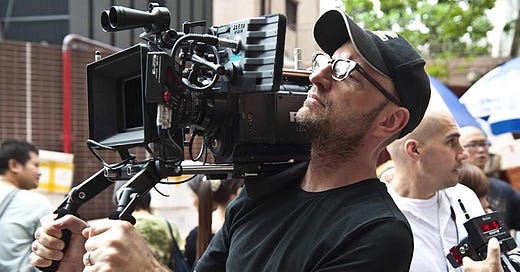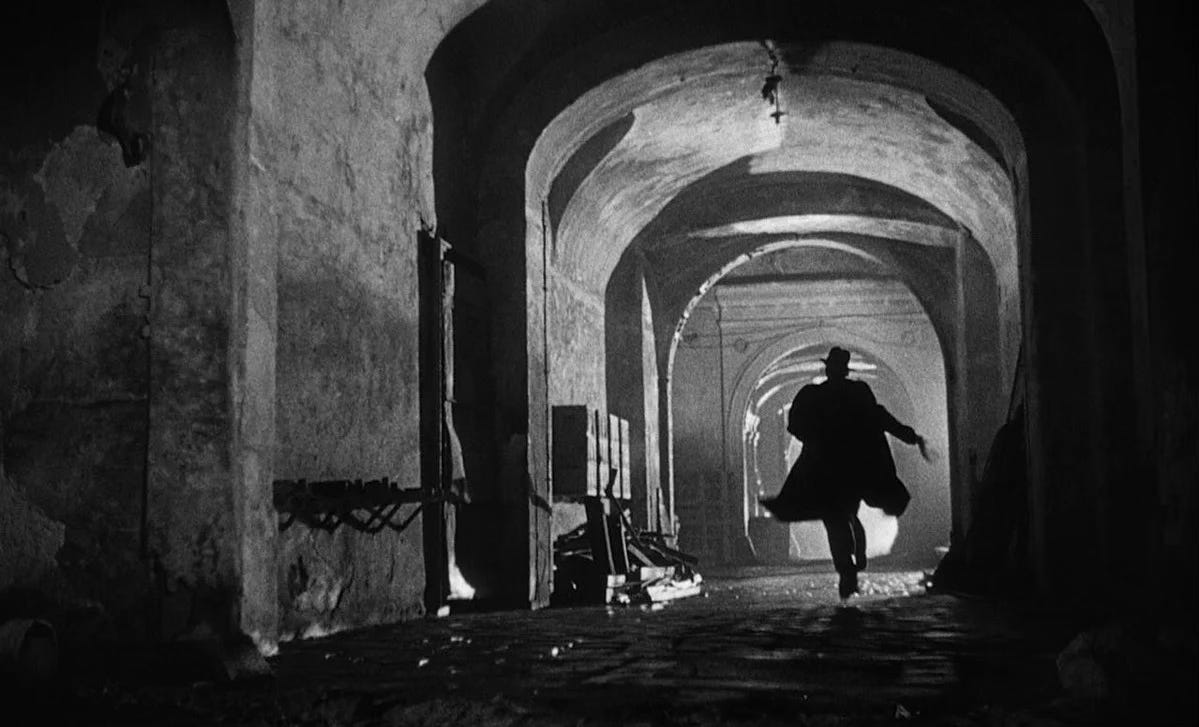This is the second installment of First Five, a paid subscriber-only monthly feature that examines the first five movies of acclaimed filmmakers.
With his mild-mannered affect, Steven Soderbergh remains fairly low-key despite being one of the most interesting directors in Hollywood today. His first feature, Sex, Lies, and Videotape, is a landmark in independent cinema by arguably kicking off the indie boom of the 1990s. Throughout his career, he’s been notoriously difficult to pin down as he’s moved into almost every genre, worked at budgets of every size, and consistently pushed the envelope of distribution with complete transparency on how Hollywood as a business affects creative decisions.
And yet all this success almost didn’t happen after a 26-year-old Soderbergh won the Palme d’Or for Sex, Lies, and Videotape, the youngest solo director to ever take home the top prize from the Cannes Film Festival. Such a win was nothing less than a coronation, an announcement that we must expect great things from this wunderkind. Except Soderbergh’s next four movies show a filmmaker with lots of talent, but also (no pun intended) a lack of direction. They’re four movies that have largely been forgotten, or at the very least, get lost next to the highlights of Soderbergh’s career. However, rather than a lost decade, they tell a story of a filmmaker who had enough clout to start getting bigger projects made but was constantly at risk of being written off as a one-hit wonder until he finally dared to tear himself down completely.
Sex, Lies, and Videotape (1989)
While the advent of cheaper filmmaking tools, upheavals in the studio system, and the rise of festivals likely meant someone would kick off the independent film boom of the 1990s, that someone was ultimately Steven Soderbergh. Although released in 1989, the film firmly feels like one of the first films of the 1990s with its Gen X attitudes and reappraisal of the values of the Reagan era. It is a movie about the barriers of intimacy, and how they seek to protect themselves from emotional realities. James Spader is perfectly positioned at the center of the movie, an actor who played a brat in 1980s movies like Pretty in Pink and Wall Street is now the broken voyeur who can only get off by recording interviews with women talking bluntly about sex, but he’s impotent in any sexual encounter outside of this voyeuristic framework he’s constructed.
This portrait of loneliness extends to the film’s other three leads played by Andie MacDowell, Peter Gallagher, and Laura San Giacomo where they’re all looking for intimacy but can’t find it in their interpersonal relationships because of the vulnerability required. It’s a movie that’s deeply human, but also looks at the camera itself as a tool of power, a weapon of sorts, and what happens when the camera gets turned on the director. For such a young filmmaker, Soderbergh’s first movie asks incredibly mature questions regarding film as a form of connection but one of delineation where someone has to confess to the camera, and the person on the other side hears the confession. Even in this first film, Soderbergh is noting his awareness of how the construction of setting leads to a power dynamic within that setting. That look towards how larger systemic forces shape individual actions, whether it’s the drug trade in Traffic (2000), how the rich stay rich in The Laundromat (2019), or the various players in a pandemic in Contagion (2011), continues to be a major recurring theme in Soderbergh’s work.
Kafka (1991)
On its surface, Kafka is the formally more “ambitious” work expected of a filmmaker who just won a major award for his first movie. Whether Kafka gets crushed under those ambitions is subject to debate. I think Soderbergh had a clever little twist on the biopic here by making the character Kafka (Jeremy Irons) go through a Kafkaesque narrative heavily influenced by Kafka’s novels The Trial and The Castle. Even the German expressionist cinematography seems ripped from Orson Welles’ 1962 adaptation of The Trial.
But as Soderbergh notes in his critique of the film, the movie struggles a bit with finding a point of view. Presumably, our POV character is Kafka, and there is a shared thematic idea between Kafka and Sex, Lies, and Videotape’s Graham of men who feel comfortable as distant observers, but whose psychology becomes fractured and pained once they become part of the system they had previously managed. But whereas Graham has clear features and ideas thanks to the tightness of Sex, Lies’ setting and narrative, Kafka is almost too sprawling. It’s ultimately wedded to ideas of alienation, existentialism, and modern anxiety espoused in Kafka’s works while failing to do anything that builds upon those concepts. The dystopian world and underlying ideas feel perfunctory or second-hand to the point where I was watching Kafka and thought that if I wanted to watch a movie about a bureaucrat’s nightmarish existence featuring Ian Holm, I’d watch Brazil.
Keep reading with a 7-day free trial
Subscribe to Commentary Track to keep reading this post and get 7 days of free access to the full post archives.






